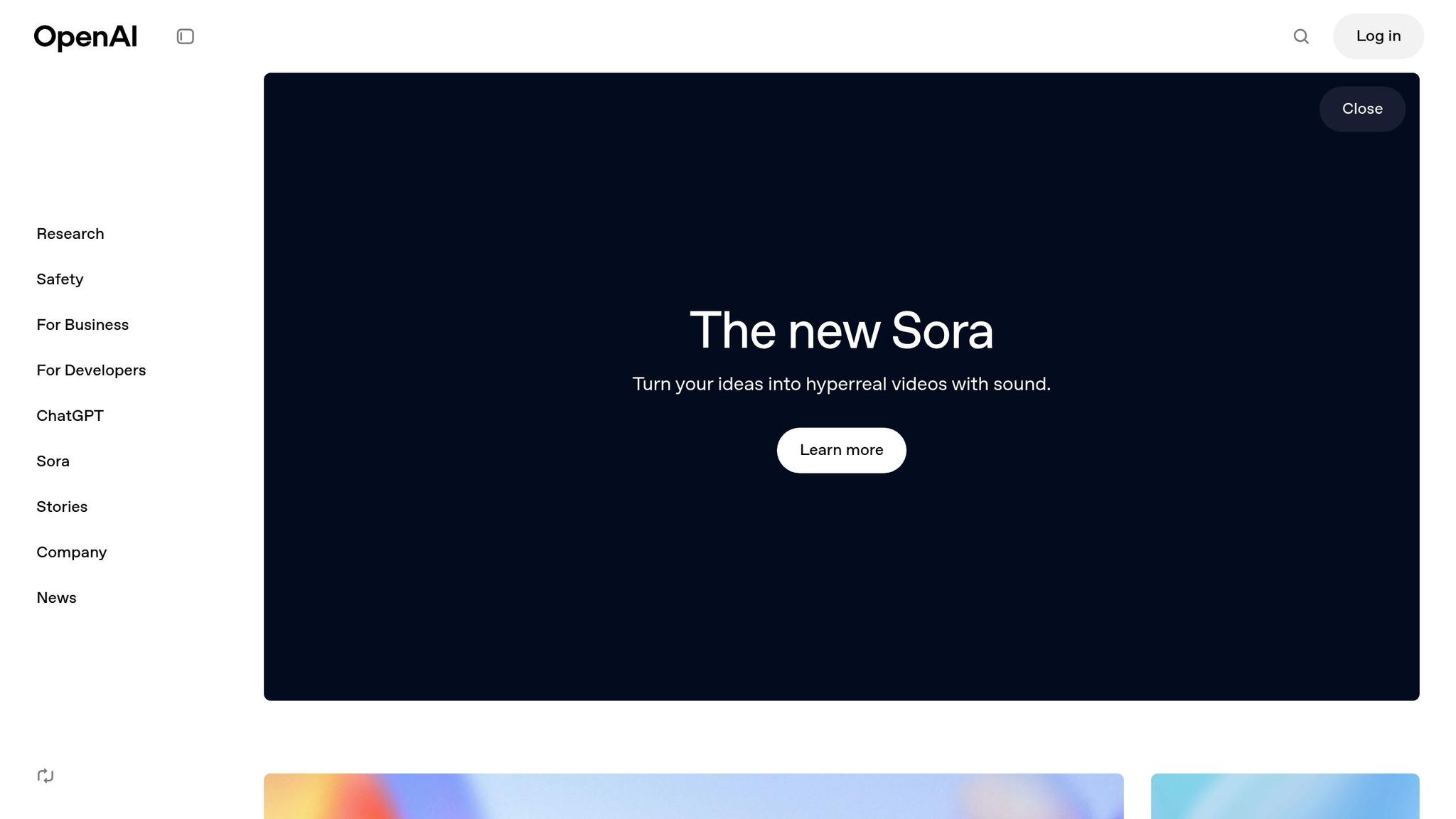
OpenAI announces AI-driven SaaS applications challenging industry norms
In a bold move signaling its ambitions beyond AI infrastructure, OpenAI has entered the Software-as-a-Service (SaaS) market with a suite of AI-powered applications. This strategic pivot positions OpenAI as a direct competitor to established SaaS giants like Salesforce, HubSpot, DocuSign, and ZoomInfo, introducing significant shifts in the competitive landscape.
OpenAI’s AI-Powered SaaS Breakthrough

Breaking away from its traditional focus on providing AI models for other companies, OpenAI unveiled new tools such as the Inbound Sales Assistant and GTM Assistant. These tools are designed to integrate advanced AI capabilities directly into business processes, streamlining operations like sales and customer support. The Inbound Sales Assistant facilitates lead routing and manages customer inquiries, while the GTM Assistant, integrated with platforms like Slack, delivers real-time customer insights and sales preparation support.
This transition marks OpenAI's evolution from being an AI infrastructure provider to becoming a full-fledged application developer. The company aims to showcase how deeply AI can enhance routine business workflows, offering tools that compete head-to-head with products from industry leaders.
Reshaping the SaaS Landscape
OpenAI’s move has far-reaching implications for the SaaS ecosystem, where traditional leaders like Salesforce and HubSpot have long reigned. The introduction of AI-embedded solutions is seen as a direct challenge to these incumbents, forcing them to innovate quickly to maintain their competitive edge.
The potential disruption is already evident in the stock market. Following OpenAI’s announcement, shares of major SaaS companies experienced notable declines - HubSpot dropped by 10%, and DocuSign saw a 12% decrease. This market reaction highlights the growing investor unease about the shifting dynamics in the SaaS market and the potential erosion of market share for established players.
"Redefining Business Efficiencies"
OpenAI’s strategic pivot underscores its vision of embedding AI deeply into core business processes. By offering tools that automate and enhance sales and customer interaction activities, the company seeks to "redefine business efficiencies through cutting-edge AI solutions." This shift has triggered a broader industry trend, blurring the lines between AI technology providers and traditional SaaS companies.
The implications extend beyond financial markets. The entry of OpenAI into this space suggests a paradigm shift in how companies view and utilize AI as part of their operations. Businesses are increasingly expected to adopt AI-first solutions to stay competitive, which may accelerate innovation across the sector.
Challenges for SaaS Leaders
As OpenAI carves out a new identity in the SaaS market, existing leaders face mounting pressure to adapt. Companies like Salesforce, HubSpot, DocuSign, and ZoomInfo must now reassess their strategies to respond to OpenAI’s innovative offerings. This could lead to an uptick in AI research and development or strategic partnerships with AI-focused firms.
The rapid introduction of AI-powered tools that enhance operational efficiency not only challenges traditional SaaS models but also sets a new standard for industry performance. While the established players have historically dominated the market with robust platforms, OpenAI's advancements compel them to evolve rapidly or risk losing ground to this AI-driven entrant.
Industry Evolution Driven by AI
OpenAI’s decision to expand into the SaaS sector aligns with a broader trend: the increasing integration of AI into business operations. By embedding AI into software solutions, OpenAI is driving a transformation in how businesses approach tasks like sales, customer service, and contract management.
This shift is expected to encourage other companies to follow suit, with AI becoming a central pillar of SaaS solutions. As OpenAI's tools gain traction, the competitive pressure could lead to mergers, acquisitions, or collaborations across the industry as firms strive to maintain relevance.
Market Disruption and Strategic Implications
The introduction of OpenAI’s SaaS applications not only enhances productivity but also represents a profound disruption in an otherwise mature market. The company’s leap into the SaaS space is a clear signal of its ambitions to lead the AI revolution in business software. For established players, this development poses both a challenge and an opportunity to rethink their strategies and integrate advanced AI capabilities into their offerings.
The financial and strategic ripple effects of OpenAI’s entry are just beginning to unfold. As businesses and investors adjust to the changing landscape, OpenAI’s move underscores the rising importance of artificial intelligence as a transformative force in the software industry. Whether through innovation or strategic alliances, the response of SaaS leaders will shape the future of the industry in an increasingly AI-driven era.
